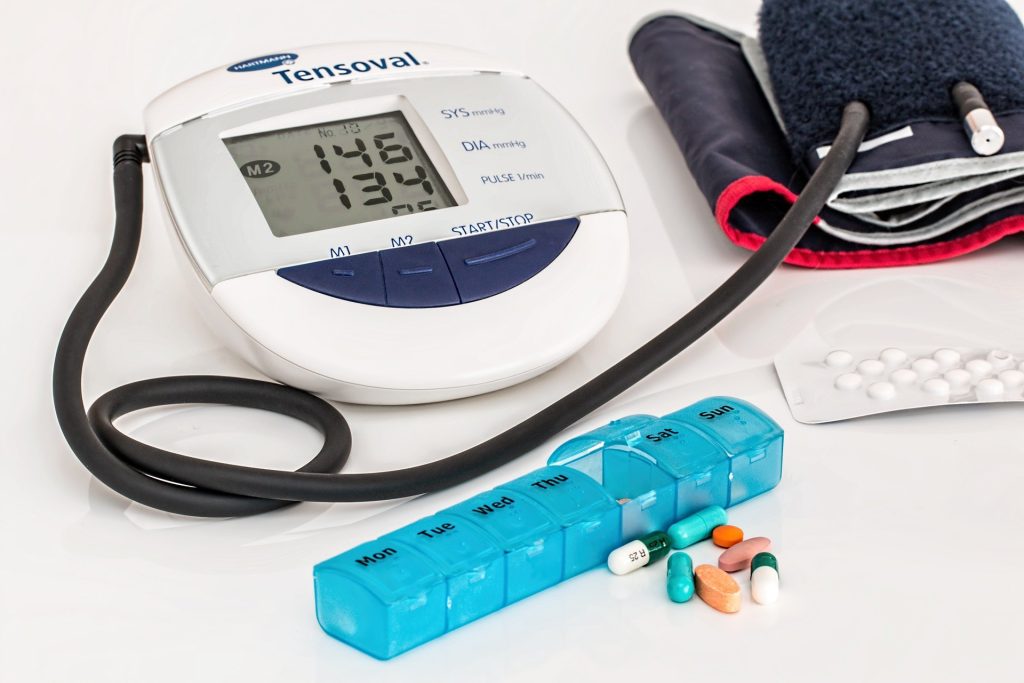
A phase II trial with the novel antihypertensive baxdrostat did not replicate the impressive results in a similar trial for the drug in treatment-resistant hypertension, failing to improve on placebo effect.
Deepak Bhatt, MD, MPH, of Mount Sinai Heart in New York City, presented the disappointing findings at the American College of Cardiology (ACC) annual meeting, but noted that the findings were not a complete write-off for the drug, hampered as the trial was by poor patient adherence and the confounding effect of other antihypertensives.
For baxdrostat, seated systolic blood pressure was lowered by 16.0–19.8mmHg across the doses tested, compared to 16.6mmHg for placebo, a nonsignificant difference. Diastolic blood pressure drops showed a similar pattern, even slightly favouring placebo.
HALO included 249 participants with a mean seated systolic blood pressure of 140–180 mmHg at baseline despite treatment with a stable regimen of an ACE inhibitor or one of those drugs plus a thiazide diuretic or a calcium channel blocker. They were randomised to placebo or a 0.5-, 1.0-, or 2.0-mg dose of baxdrostat for 8 weeks.
In the prior phase II BrighHTN trial, baxdrostat reduced systolic blood pressure by 11 and 8.1 mm Hg more than placebo in the two higher dose groups.
The drug, which is in a new class of highly selective aldosterone synthase inhibitors, did decrease serum aldosterone and increase plasma renin activity as expected compared with placebo in HALO.
A post hoc analysis to understand why the trial failed despite high pill-count based adherence showed that 36% of the baxdrostat patients in the highest, 2-mg dose group (20 of 54) were actually not adherent, based on plasma levels < 1% of expected.
ACC session moderator Kim Eagle, MD, of the University of Michigan in Ann Arbor wondered if the patients were flushing their pills, and Bhatt replied that these were clustered at a few sites, highlighting issues of site selection and providing patient support.
The adherence problem does not explain away the placebo effect, Eagle told MedPage Today. “The placebo effect may well be that by enrolling in a trial, the patient is also taking their other meds for hypertension. Recall that the patients were already supposed to be taking several antihypertensives.”
Nevertheless, he called it compelling that, in “patients who were taking the larger dose and who had evidence of adherence by blood levels, the drug clearly seems to work.”
Source: MedPage Today

